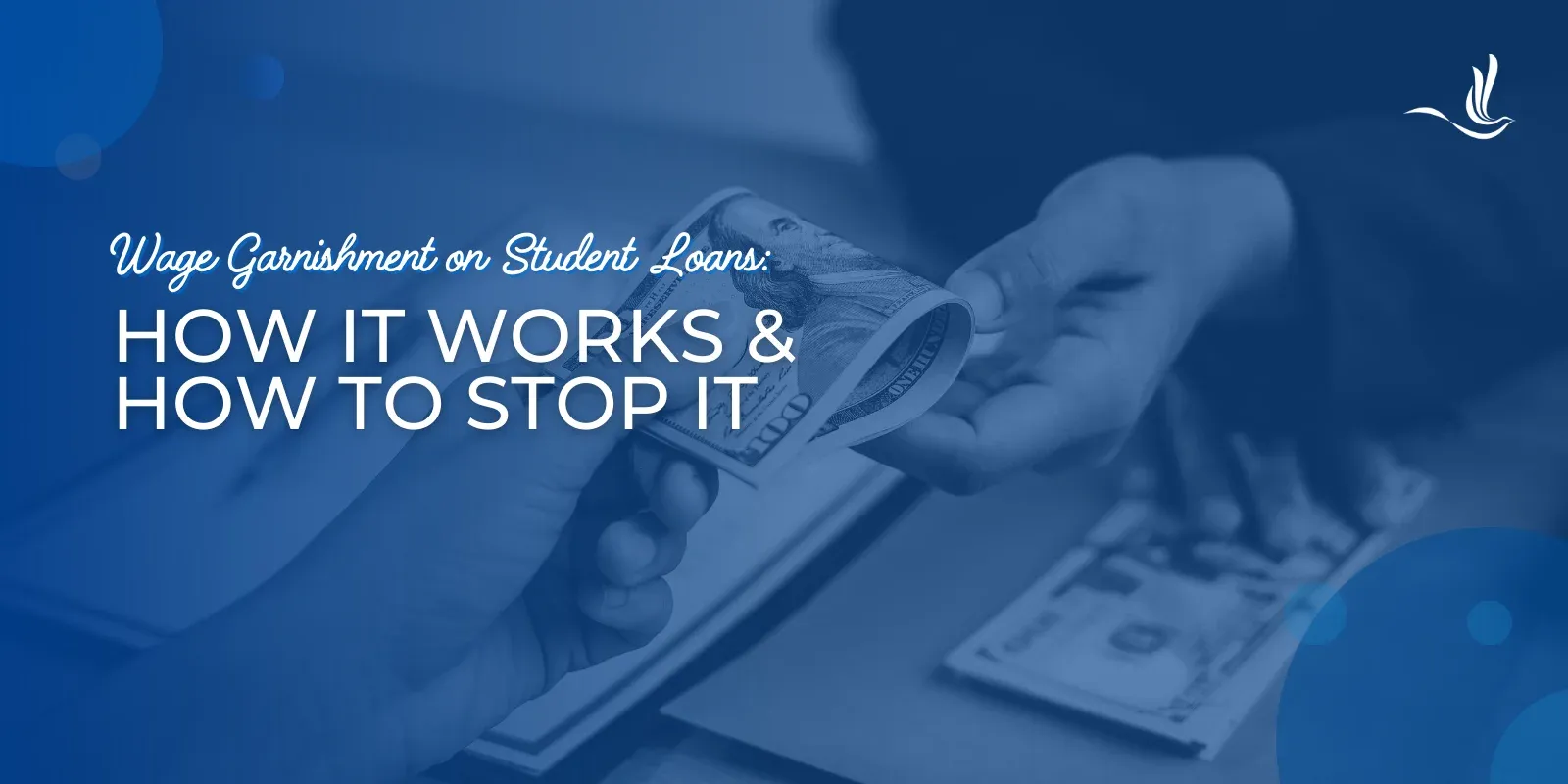Tax season is upon us. And when it comes to student loans, there always seems to be a new tax twist or consideration for borrowers to navigate. Here are the top student loan tax issues to keep an eye on in 2022.
1. Most student loan forgiveness is not taxable this year 2.Married borrowers: Review tax filing status for income-driven plans 3. Divorcing borrowers: Check for income-driven repayment plan flexibilities 4. Review adjusted gross income for income-driven plans 5. Tax-deductible student loan interest paid 6.
Get professional advice
1. Most student loan forgiveness is not taxable this year
The American Rescue Plan Act of 2021 – the large stimulus bill passed last year by Congress and signed into law by President Biden – included a provision that exempts most student loan forgiveness from taxation this year.
Typically, the cancellation of debt can be a taxable event for the debtor; the canceled debt could be reportable as “income” for tax purposes. But a key provision in the American Rescue Plan Act changes this, at least temporarily; the student loan forgiveness tax exemption is effective through 2025.
Certain kinds of federal student loan forgiveness were already not considered taxable under federal law, prior to the passage of the American Rescue Plan Act. This included Public Service Loan Forgiveness and Total and Permanent Disability discharges.
Download the Best Student Loan CalculatorBut other types of federal student loan forgiveness, such as loan forgiveness under income-driven repayment plans, were typically taxable.
The temporary exemption essentially expands the pool of student loan forgiveness programs that are tax exempt.
That said, there are some complications you need to know. Certain types of private student loan cancellation may still be considered taxable under federal law, although the American Rescue Plan Act did include a provision that would appear to cover at least some kinds of private student loan discharges.
And importantly, the American Rescue Plan Act’s tax exemption only pertains to federal law. Some states may still treat certain student loan forgiveness events as taxable for state income tax purposes.
Borrowers who received student loan forgiveness in 2021, but are unsure of their tax liability, should be sure to consult with a qualified tax advisor.
2. Married borrowers: Review tax filing status for income-driven plans
Most federal student loan borrowers have had their payments paused since March 2020 due to the pandemic.
And for some people, a lot has happened in the last two years.
For borrowers who got married and are considering repaying their federal student loans under an income-driven repayment plan, consider your marital tax filing status, since federal student loan payments will resume after May 1, 2022.
Some income-driven repayment plans, such as ICR, IBR, and PAYE, allow married borrowers to exclude spousal income from consideration by filing taxes as married-filing-separately. However, filing separate tax returns can sometimes lead to higher taxes or a smaller tax refund due to the loss of certain deductions. The REPAYE plan, however, will factor in the combined income of married borrowers, regardless of their tax filing status.
It may be prudent for borrowers to evaluate how their monthly payments would change under various income-driven plans, depending on marital tax filing status.
3. Divorcing borrowers: Check for income-driven repayment plan flexibilities
For borrowers who are in the process of getting divorced with student loans but are still filing their tax returns as “married” in some capacity, income-driven repayment plans do afford you some flexibility.
Borrowers in this situation can self-certify that they are separated from their spouse, or that they are unable to reasonably access their spouse’s income information.
This will allow the borrower to exclude their spouse’s income from consideration, regardless of the specific income-driven repayment plan that they are in, even if they are still technically married.
4. Review adjusted gross income for income-driven plans
Payments under income-driven repayment plans are typically based on a borrower’s Adjusted Gross Income (AGI), as reported on their most recently-filed federal tax return.
If you’re planning on repaying your federal student loans under an income-driven plan after payments resume on May 1, 2022, talk to your accountant or tax advisor about strategies to lower your AGI (such as by contributing more to qualified retirement accounts). A lower AGI may, in turn, lower your monthly student loan payment under an income-driven plan.
5. Tax-deductible student loan interest paid
Some student loan interest that you paid off last year might be tax-deductible.
Since most federal student loan payments were paused for all of 2021, and all interest was frozen, many borrowers will have no student loan interest to report.
But other borrowers were still making payments throughout 2021 on commercially-held FFEL loans and private student loans, all of which were still accruing interest. For these borrowers, watch for a Form 1098-E statement, which shows the amount of student loan interest you paid for the year.
The tax deduction for student loan interest is modest and gets phased out for higher-income earners, but it still could be a critical tax benefit for some borrowers.
6. Get professional advice
Taxes and student loans are complicated any year, and this year, it’s more complex than ever. So be sure to talk to a qualified tax advisor who understands student loan issues so that you can make the most of tax season.
Get a Student Loan Plan Refinance student loans, get a bonus in 2022 1 Disclosures $1,050 BONUS1 For 100k+. $300 bonus for 50k to 99k.1 VISIT LAUREL ROAD Variable 1.89-5.90%1 Fixed 2.50-6.00%1 2 Disclosures $1,050 BONUS2 For 100k+. $300 bonus for 50k to 99k.2 VISIT COMMONBOND Variable 1.98-7.14% APR2 Fixed 2.49-7.04% APR2 3 Disclosures $1,000 BONUS3 For 100k or more. $200 for 50k to $99,9993 VISIT EARNEST Variable 1.74-7.24%3 Fixed 2.44-7.24%3 4 Disclosures $1,000 BONUS4 For 100k+. $300 bonus for 50k to 99k.4 VISIT SPLASH Variable 1.74-6.52%4 Fixed 1.99-6.25%4 5 Disclosures $1,275 BONUS5 For 150k+.Tiered 300 to 575 bonus for 50k to 149k.5 VISIT ELFI Variable 1.86-6.01%5 Fixed 2.47-5.99%5 6 Disclosures $1,000 BONUS6 For $100k or more. $200 for $50k to $99,9996 VISIT SOFI Variable 1.74-7.24%6 Fixed 2.49-7.59%6 7 Disclosures $1,250 BONUS7 For $100k or more. $100 to $350 for $5k to $99,9997 VISIT LENDKEY Variable 1.90-5.25%7 Fixed 2.49-7.75%7 8 Disclosures $1,250 BONUS8 $350 for 50k to 100k8 VISIT CREDIBLE Variable 1.74-7.58%8 Fixed 2.15-7.83%8 Not sure what to do with your student loans?
Take our 11 question quiz to get a personalized recommendation of whether you should pursue PSLF, IDR forgiveness, or refinancing (including the one lender we think could give you the best rate).
Take Our QuizOriginal Article






